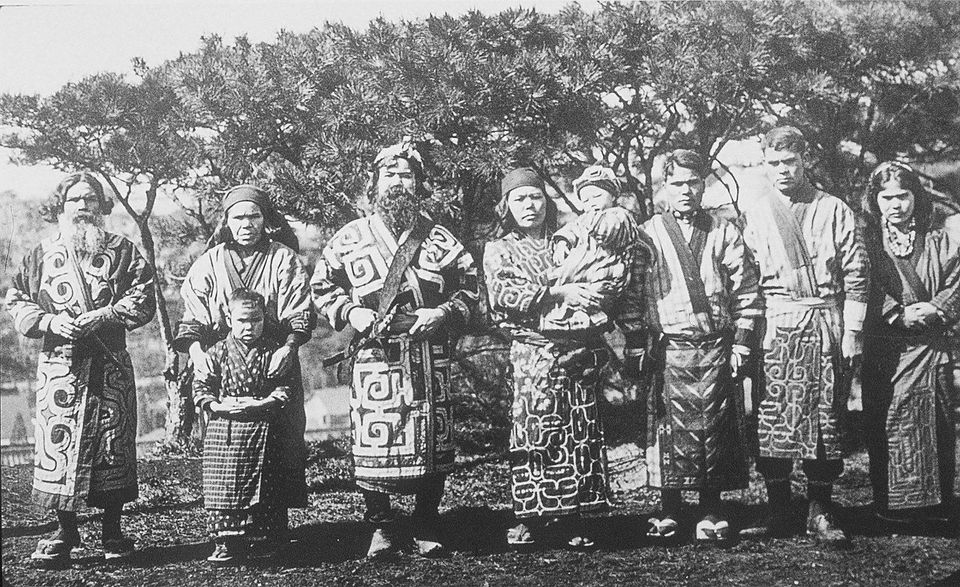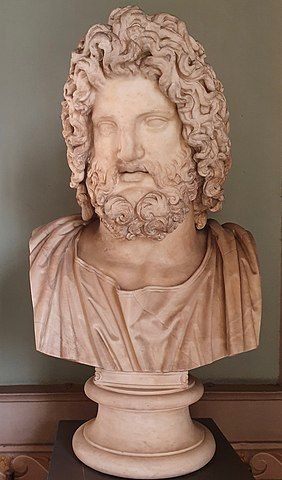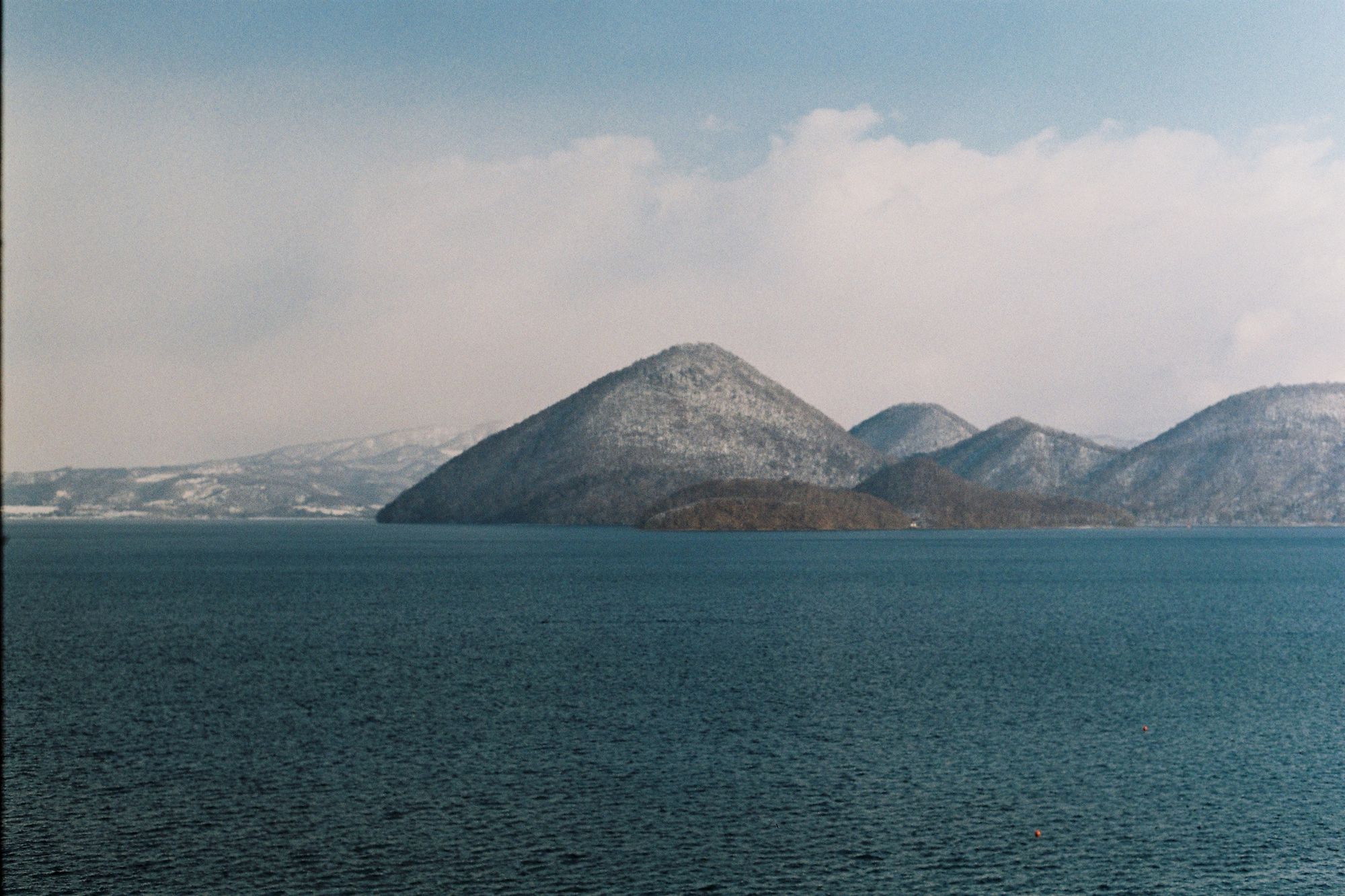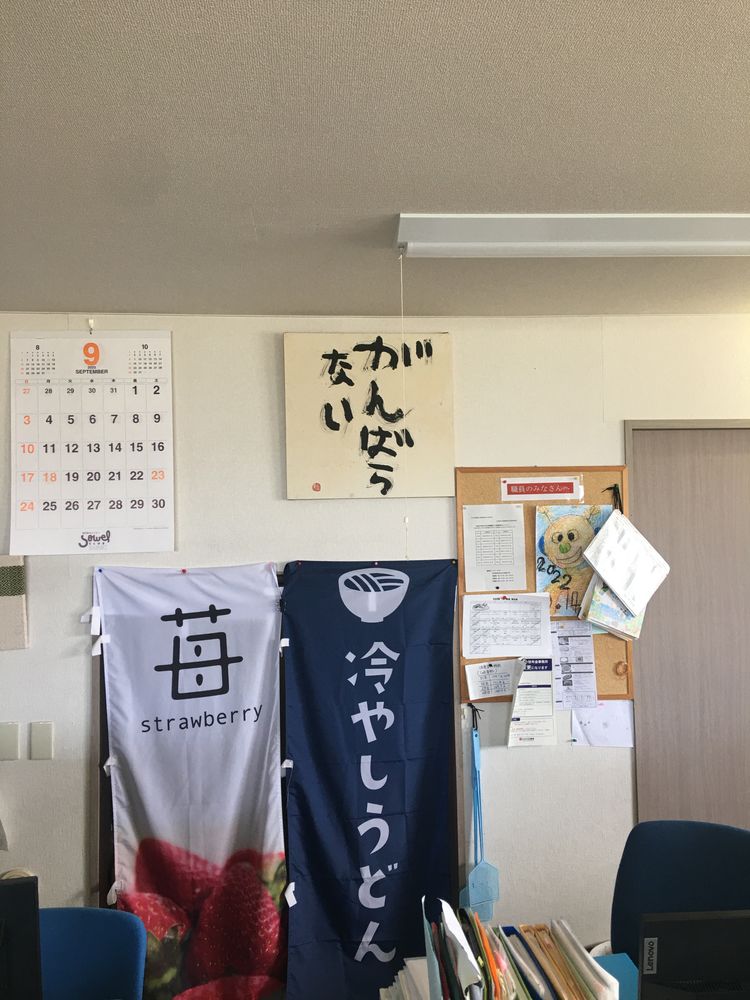Ainu Mythology: The Cuckoo and Pon-Oki-Kurumi

Mythical stories have always captivated me. From straight-up absurd tales that can be used at a party, or deep philosophical ideas – these stories in my opinion are one of the most exclusively human practices.
What captivates me most, is the imagination that such stories evoke. They often attempt to explain and describe difficult or unthinkable things.

You've probably heard of Greek, Egyptian, or Nordic myths, but have you heard of Ainu myths?
The Ainu are the earlier inhabitants of the islands of Hokkaido, Sakhalin, and the Kuril Islands – which are now claimed by Russia and Japan. There are still about 25,000 Ainu remaining according to Japanese reports, but that is most likely an incredibly conservative measure.
Regardless, the Ainu were a distinct people group who practiced forms of fishing hunter-gathering, trade, and unique spiritual practices. Here is a more extensive video I made about the Ainu.
As I conducted research on the Ainu, I came across stories and myths the Ainu would tell, called the Kamuy-Yukara. They were recorded by Japanese merchants, people with Ainu ancestry, or found in historic records.
I would like to share one of them with you all, and hopefully more in the coming days.
Note on translation: This myth is told in the unique style of the Saru-River Ainu. It follows a rhythmic beat, where each phrase is followed by a repeating chant called Sa-ke-he. All myths of the Ainu have unique Sa-ke-he incorporated, but the exact meaning of many of these chants are unknown. For the sake of translation, I will not include the Sa-ke-he chants. However, I recommend you to read each verse in a rhythmic manner, to emulate the Ainu experience as best as possible.
Now, let us imagine ourselves surrounding a campfire under the vast skies of Hokkaido, and immerse ourselves in the magical stories of the Ainu.

The Cuckoo and Pon-Oki-Kurumi[1]
Elder sister Cuckoo and
Elder sister Turtle Dove
Raised me.
As I played with the
Cuckoo children
And the Turtle Dove children,
They mock me.
"You are the child of a human
Burning off
The Land
And the Prairie.
That's who you are, child of such human"
How infuriating is it,
To be told such things?
I did not know why I am raised like this,
So I cried.
I cried endlessly,
Day and night.
For many years to come,
I did not stop crying.
Seeing this,
The sister who raised me,
The Cuckoo,
Put forward god's jewelery,
The one with the six strings on front and back,
The one with the elliptic mirror.
As she handed it to me,
She asked,
"I will give you this, my noble child,
So please, will you stop the crying?"
I take the piece of jewelery,
And crush it between my feet.
Seeing this, the other sister approaches,
The Turtle Dove.
She also hands me the same jewelry of her own, from god,
So I crushed it between my feet once again.
Seeing this, the Cuckoo yelled
"Just because our young children mocked you,
You continue to cry like this."
"So we took it upon ourselves,
To break the neck of our own children."
"Yet you continue to cry,
So let me tell you about who you are,
And why you are here."
"Long ago,
When the gods of the Cuckoo,
And the gods of the Turtle Dove,
Came down to the land of the Ainu[2]
Your father followed them down."
"During this trip,
They were attacked by a demon,
A demon so mighty,
That tried to undermine your fathers great power."
"To retaliate,
Your father needed to leave you with us,
The descendants of the Cuckoo and the Turtle Dove."
"He said;
'There is no other who can love as much as you,
So raise my son.'"
"We raised you,
Even at the cost of sacrificing our own children,
For the sake of you."
"Yet you still hold a grudge,
Towards our children,
And continue to cry till this day."
"But now we have had enough,
We shall leave you at a bad kotan[3],
So you can cry all you want."
Saying this,
The two gathered their stuff and tried to fly away.
I grasped at their cuff and promised not to cry.
They questioned,
"Is this the truth?"
"Yes, I promise", I respond solemnly
"After all, you are the god's son"
And the two sisters stayed with me,
Till today.
...said the Pon-Oki-Kurumi.
The Oki-Kurumi is the demi-god in Ainu mythology, who taught the Ainu the basics of their lives. Pon- means small, signifying a young or small demi-god. ↩︎
Ainu is the word for people. We call them the Ainu today, as the early Japanese collectively called all the northern tribes Ainu. However, these were diverse people groups with unique clan/chiefdom names. So the land of the Ainu simply refers to earth. ↩︎
Kotan means village. ↩︎
Commentary
This story is told by the Oki-Kurumi, a demi-god. The myth begins when the Oki-Kurumi is still small, hence the prefix of Pon- in the title, which means small or young.
The tale contains two central ideas and imagined realities of the world by the Ainu.
First, is the respect given to non-human creatures. The Ainu – which means people or human – are the ones that must be forgiven and taken care of. The children of the birds were correct, as humans are the greatest drivers of extinction and habitat loss.
There are even certain interpretations of the story that suggest, the Demon the father had to fight were human beings.
Second, is the loving and gracious attitude of non-human entities. A central part of Ainu spiritual practices was the sending-back ceremonies for the Kamuy. The Kamuy are spiritual beings who manifest themselves into the physical world by taking shape as animals, plants, pathogens, and others. The saying goes that the Kamuy willingly present themselves to worthy hunters to be killed. In return, a ceremony and gifts are expected, such as dancing, songs, or wine.
These mythical stories are often brushed away as another interesting story, or even used as a proxy to distance ourselves from these people. However, I believe a reflexive process is necessary when interacting with these stories passed down for generations. These were not purely myths for entertainment, but contained nuggets of knowledge that allowed various people to thrive in their environment.
I hope you enjoyed this! I sure had a lot of fun taking a break reading scientific mumbo-jumbo and imagining what the lives of the Ainu were like.
Let me know what you think of this story by contacting me here!
![[Guest Post] Exploring Colonial History through Art](/content/images/size/w750/2023/11/graphite-island-banner.png)
